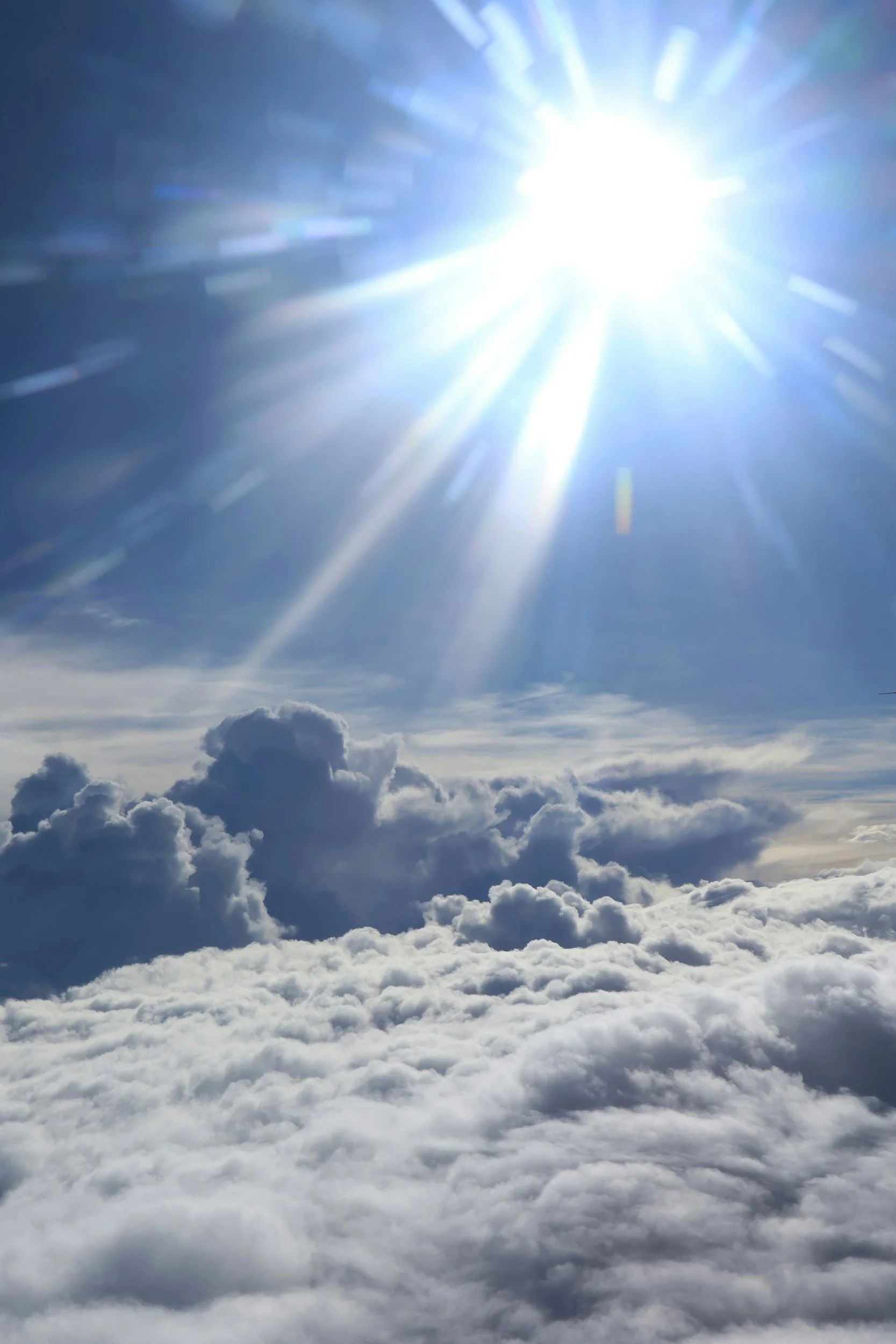The Return of the Sovereign Self: A Treatise on Agency
“You were born free. Somewhere along the way, the world taught you otherwise.” Agency is not a gift bestowed. It is a birthright. But in systems that reduce humans to cogs, statistics, or saviors-in-waiting, agency often erodes before it's even understood. If equity is the fair chance to thrive, agency is the inner spark that says: I still can.
Agency is the quiet revolution behind every personal awakening and every public movement. In schools. In refugee camps. In the seat of government. It is the sacred ability to choose—not in theory, but in practice. To act with intention. To believe that your decisions matter. To rewrite the ending of a story that once felt prewritten.
This treatise exists to remind us that the world doesn’t change when power shifts hands. It changes when power returns home—to the individual soul.
I. What Is Agency?
Agency is the capacity to act independently and make meaningful choices, even in the face of constraint. It is the synthesis of autonomy, awareness, and action.
But agency is not just a concept—it’s a felt experience. It’s the subtle shift when someone realizes they can speak up, walk away, or begin again. When they see themselves not as a victim of circumstance but as an author of outcomes.
In trauma-informed spaces, we define healing not as the absence of pain, but the return of agency.
In liberation theology, we call agency the moral imagination to choose the good in a world of compromise.
And in youth development, we name it leadership—not through titles, but through action birthed from belief.
II. How Agency Gets Lost
Agency erodes in quiet ways.
In classrooms that ask students to memorize but not to question.
In communities where food pantries replace food sovereignty.
In homes where silence is survival.
In policies that protect the system, not the soul.
Structural injustice breeds learned helplessness. But even in relatively free societies, agency gets dulled by perfectionism, people-pleasing, or fear of being "too much.” It is the slow domestication of the wild within us.
And yet—the ember remains. That part of a person that still longs to act, choose, create, leave, love.
Agency is never fully extinguished. It only waits.
III. How We Restore It: The Conditions for Return
To restore agency, we must create the conditions for remembering. And those conditions are human, not heroic.
Safety You cannot choose when you're in survival mode. Agency blooms in spaces where people feel physically safe and emotionally seen.
Reflection Give people mirrors—journaling, storytelling, questions like “What would you do if you weren’t afraid?” Agency often reawakens when people are invited to recognize their inner truths.
Micro-Choice Start small. “Would you like to sit inside or outside?” “Do you want to lead this piece or support it?” Repetition of choice builds the muscle of decision-making and worthiness.
Permission So many people are waiting for someone to say, “It’s okay to want more.” Be that someone.
IV. How to Guide a Person to Discover Their Agency—For the First Time
When guiding someone to awaken their agency, your role is not to instruct. It is to bear witness and clear the fog.
Step 1: See Them as Capable Before They Do Mirror back their potential. Not in vague praise, but in specific reminders of strength: “You noticed that… That’s discernment.” “You said no. That’s sovereignty.”
Step 2: Make Space for Dignity Give room for failure and rethinking without shame. People develop agency by navigating choices—not just making the “right” ones.
Step 3: Link Action to Identity Help them connect decisions to values: “When you spoke up, that was your justice voice.” Naming the why behind actions builds grounded self-trust.
Step 4: Invite, Don’t Coerce Agency must be freely claimed, never imposed. Ask: “What do you want to create?” “What story are you ready to write?”
V. From Novice to Mastery: Wielding Agency Like a Seasoned Leader
Once a person begins to claim their agency, the next step is not just self-direction—but social transformation.
Here's how you cultivate master-level agency:
1. Teach Others to Choose
True masters don’t hoard agency. They replicate it. They walk into rooms asking, “Who isn’t speaking yet?” and “How can I shift power, not just hold it?”
2. Practice Discernment Over Perfection
Mastery means knowing that you can act—but choosing when and how. Wisdom tempers impulse with strategy. Seasoned agency dances with timing.
3. Stay Rooted in Humility
Power without ego is rare—but necessary. The most masterful leaders remain curious, self-aware, and willing to revise. They don’t mistake power for superiority.
4. Integrate Agency Across Realms
It's not just what you say in meetings. It’s how you navigate relationships, spend money, raise children, eat, grieve. When agency becomes a way of being—not just a moment of action—that’s mastery.
5. Name the System and Name the Self
Masters see both the external systems that need changing and the internal beliefs that need liberating. They never stop learning. Never stop choosing. Never stop expanding.
VI. Final Word: The Return to Self, Then to Us
Agency is not an individual prize. It is a communal portal.
When one person remembers they are not powerless, it creates permission for others to do the same. That is how the world changes—from the inside out.
At Peak International and through World Citizens, you’re not just training youth in leadership. You’re restoring what was always theirs: the right to choose, to create, to matter.
That’s the work.
